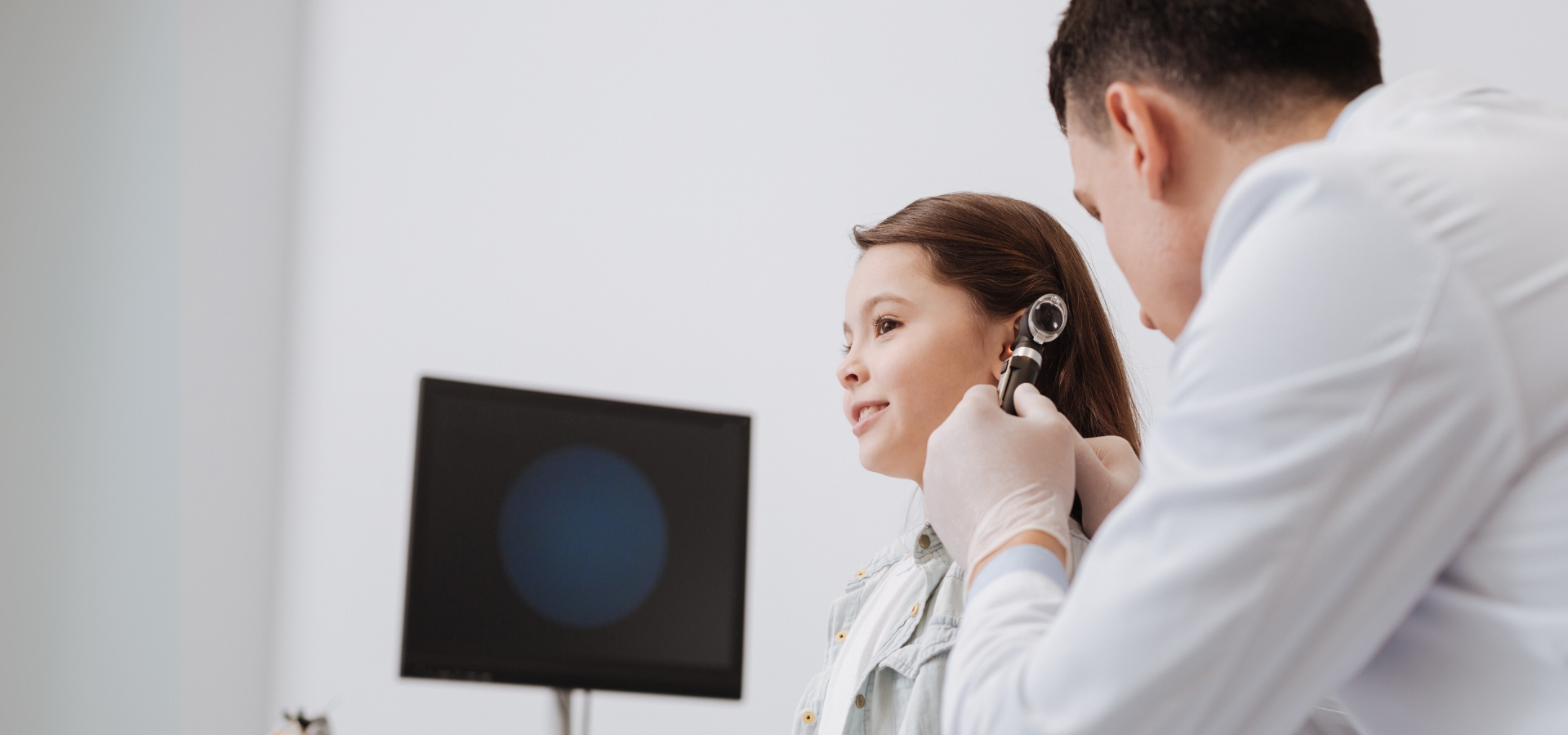
Pediatric ENT
At Penn Medicine Becker ENT & Allergy, our specialists provide compassionate care tailored for infants, children, and adolescents. From chronic ear infections and sore throats to hearing and speech disorders, airway and sinus issues, our providers offer treatments designed specifically for young patients. With specialized training and years of experience in pediatric ENT, the doctors deliver individualized, effective care that families can trust.
Our Unique Pediatric Ear Nose and Throat Expertise
At Penn Medicine Becker ENT & Allergy, we combine advanced technology, a multidisciplinary team, and cutting-edge techniques to provide exceptional care for your child. We treat every child with the compassion and care they deserve.
Pediatric Technology
We use minimally invasive tools and endoscopic procedures designed specifically for children, ensuring comfort and faster recovery.
Collaborative Care
Our pediatric ENT providers work closely with pulmonologists, allergists, and other experts for comprehensive, coordinated treatment.
Advanced Techniques
From treating ear infections to airway disorders, we prioritize precision and minimally invasive approaches for optimal outcomes.
What Are the Most Common Types of Pediatric ENT Disorders in Children?
Common ENT conditions for children include illness and allergies. They’re exposed to different types of germs when they go to daycare, school, and recreational activities. Some of the most common pediatric ENT conditions are:
Pediatric Ear Infections
Ear infections in children may be painful, but in most cases, they are not dangerous.
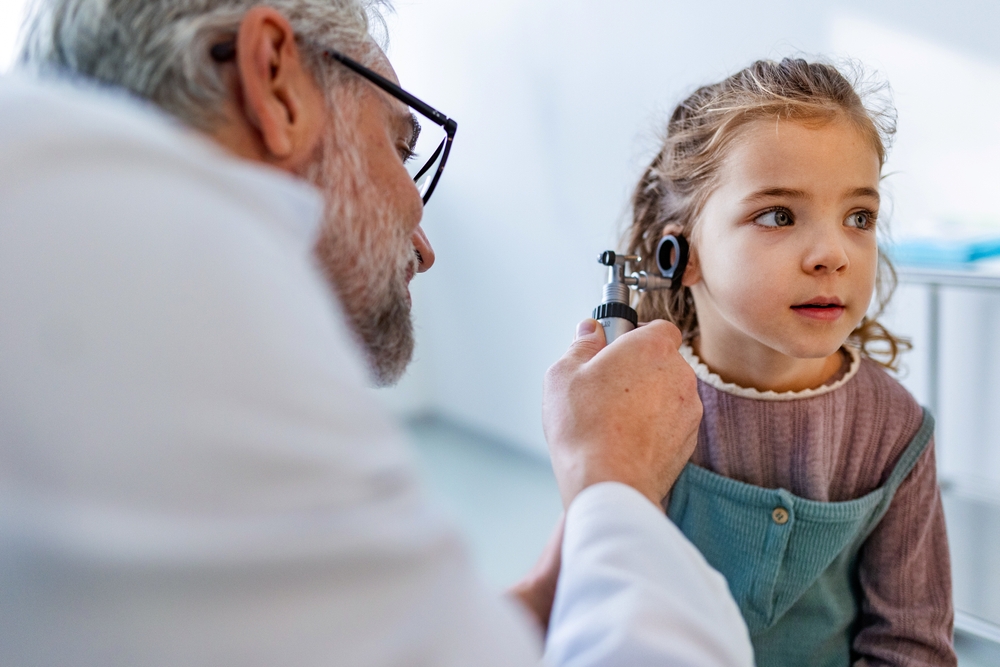
Symptoms:
- Ear pain, redness, swelling, and drainage from the ear.
- Fever and, in some cases, temporary hearing loss.
Diagnostic
- Our ENT providers use instrumentation to check for redness, swelling, or fluid buildup in the ear.
- Frequent infections may require further evaluation to determine the underlying cause.
Treatment
- Most cases are treated at home with rest, fluids, and over-the-counter pain relievers.
- Some infections may need antibiotics or hospital care.
- Regular visits with an ENT doctor may be helpful for recurring ear infections.
Pediatric Hearing Loss
Hearing loss affects millions of children every day. According to the CDC, over 30 million Americans suffer from some type of hearing loss. And according to the National Institutes of Health, 1 out of 5 children suffers from some form of hearing loss.

Symptoms:
- Difficulty hearing sounds at school or at home.
- Trouble understanding speech, which can affect learning and communication.
Diagnostic
- Our pediatric ENT providers work closely with our audiologists to identify the type and extent of hearing loss.
- Early evaluation helps create a tailored treatment plan.
Treatment
- Options may include hearing aids, therapy, or surgical interventions to improve or restore hearing.
- Ongoing monitoring is key to ensuring your child’s hearing stays on track.
Snoring and sleep apnea in children
Sleep apnea is a common problem among adults, but it’s also very prevalent among children. Snoring is often associated with sleep apnea, but not always.
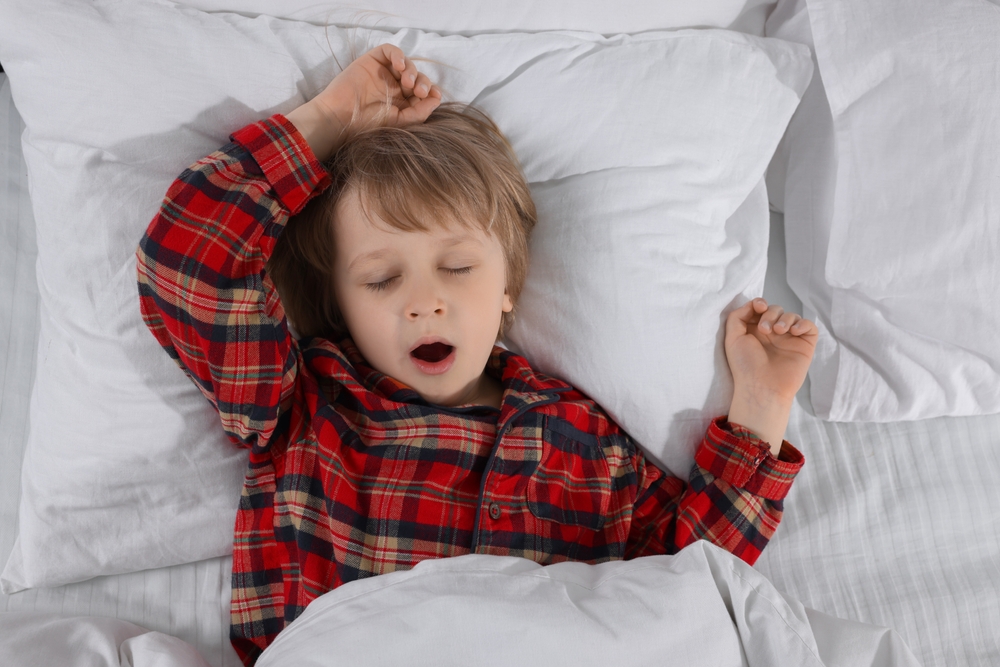
Symptoms:
- Snoring, restless sleep, or frequent waking during the night.
- May cause tiredness or trouble concentrating during the day.
Diagnostic
- Our ENT doctors evaluate symptoms and may perform a sleep study to confirm sleep apnea.
- Simple tests, such as observing breathing patterns during rest, can help identify the issue.
Treatment
- Treatment may include lifestyle adjustments, CPAP therapy, or surgical procedures.
- Addressing sleep apnea improves sleep quality and overall health. So when you’re looking at pediatric patients who snore, be aware that some may actually suffer from sleep apnea.
If you suspect a child has sleep apnea, consult an ENT specialist for proper diagnosis and evaluation.
Pediatric Tonsillitis
Tonsillitis is inflammation of the tonsils, the glands located at the back of the throat just below the tongue.
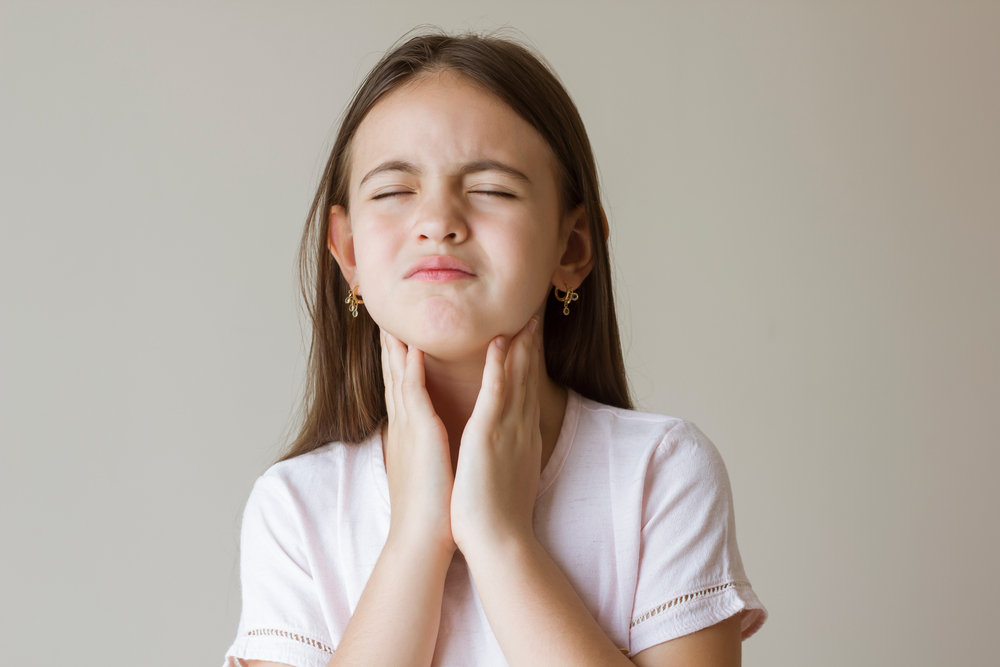
Symptoms:
- Sore throat, difficulty swallowing, and swollen tonsils.
- Fever and swollen lymph nodes in the neck.
Diagnostic
- A thorough evaluation by our ENT specialists to identify if the cause is viral or bacterial.
- Tests like throat swabs may be used to confirm strep throat.
Treatment
- Most cases are treated with antibiotics or supportive care.
- Chronic or severe cases may require tonsil removal surgery performed by a children’s ENT doctor in Philadelphia.
Pediatric Sinusitis
Pediatric Sinusitis is inflammation of the sinuses.
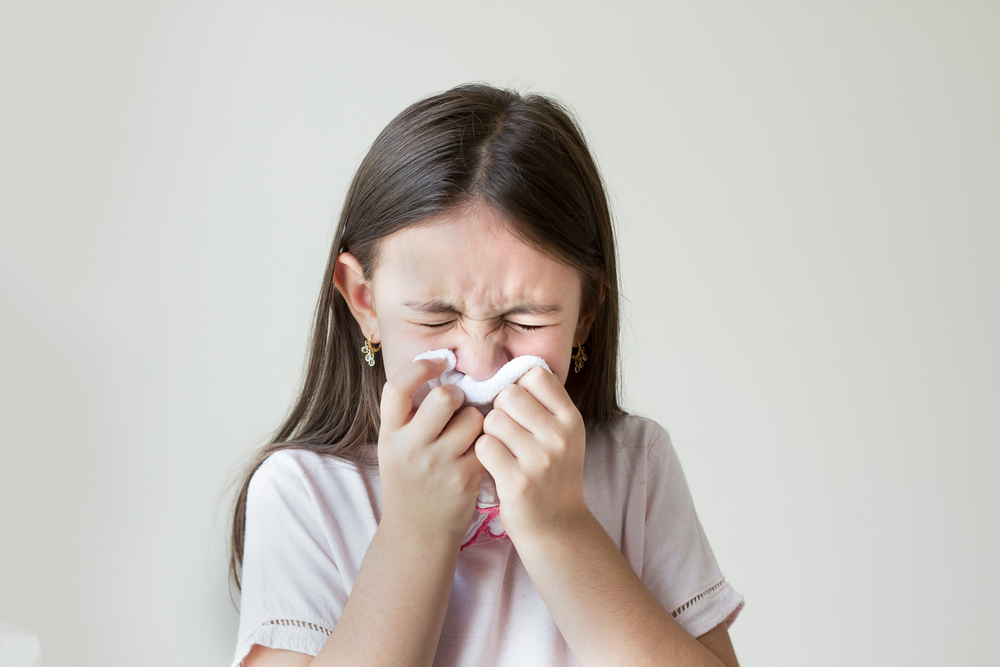
Symptoms:
- Nasal congestion, facial pain, and headaches.
- Cough, fever, or difficulty breathing.
Diagnostic
- Our ENT specialists assess symptoms and may use endoscopes and imaging to confirm sinus inflammation.
- Identifying the cause helps in selecting the best treatment approach.
Treatment
- Options include antibiotics, saline irrigation, and decongestants, to name a few.
- Allergy management or surgery may be recommended for chronic sinusitis.
Pediatric Allergies
Seasonal allergies usually occur in spring and fall when pollens and spores from plants begin to grow.
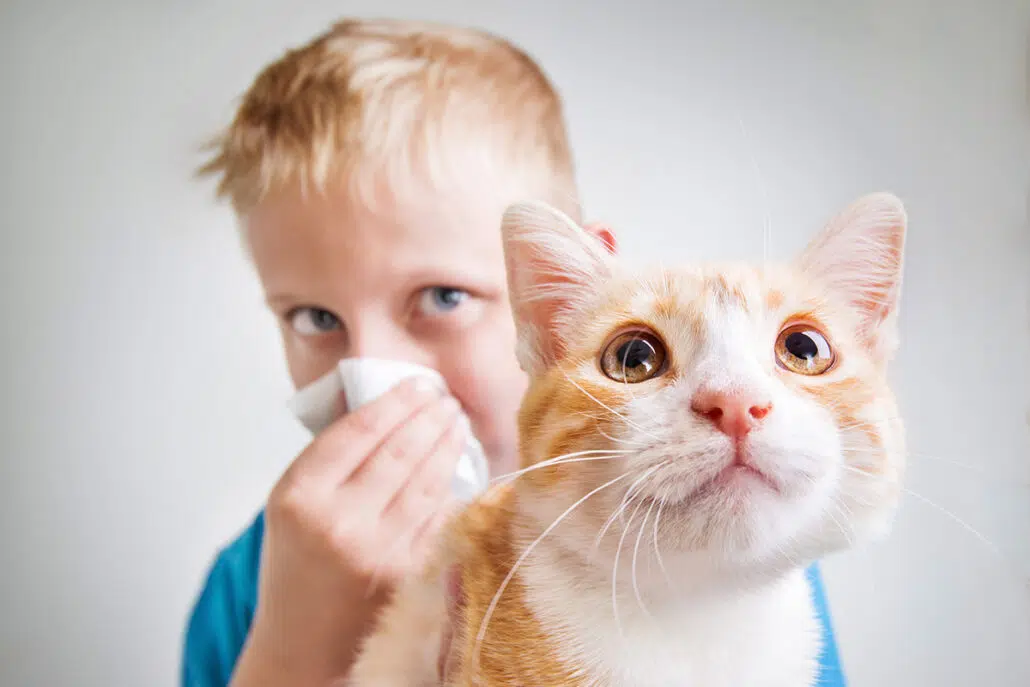
Symptoms:
- Sneezing, watery eyes, runny nose, and nasal congestion.
- Reactions to food or drugs can cause hives, swelling, or digestive issues.
Diagnostic
- Allergy testing is performed by our Allergy team to identify triggers.
- A detailed medical history helps pinpoint specific allergens.
Treatment
- Treatments include antihistamines, nasal sprays, and allergy shots.
- Avoidance strategies and ongoing care are tailored for each child.
Pediatric Airway Problems
Airway problems are common among children and infants. They include laryngotracheal stenosis (LTS), tracheomalacia, vocal cord paralysis, and airway foreign bodies.

Symptoms:
- Breathing difficulties, noisy breathing, or frequent respiratory infections.
- Hoarseness or vocal changes.
Diagnostic
- Our ENT specialists assess airway function using imaging or endoscopic evaluations.
- Tests help determine if surgical or non-surgical care is needed.
Treatment
- Treatments range from medications to improve breathing to surgical procedures for more severe conditions.
- Our specialists provide personalized care to ensure the best outcomes.
Pediatric Asthma
Asthma is a chronic disease that affects children and adults alike.
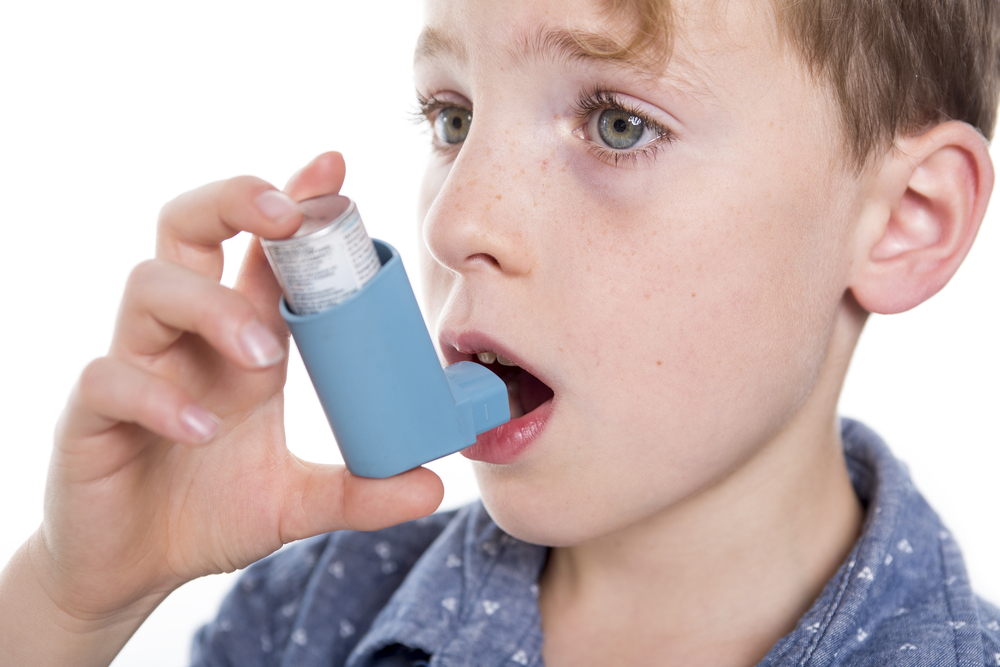
Symptoms:
- Wheezing, coughing, shortness of breath, and chest tightness.
- Symptoms can worsen during exercise or at night.
Diagnostic
- Our pediatric allergy specialists perform pulmonary function tests to confirm asthma.
- Identifying triggers like allergens or irritants is essential for management.
Treatment
- Options include inhalers, medications, and creating an asthma action plan.
- Regular follow-ups ensure the condition is well-controlled.
Neck Masses
Pediatric otolaryngologists specialize in the diagnosis and comprehensive care of children with neck masses.
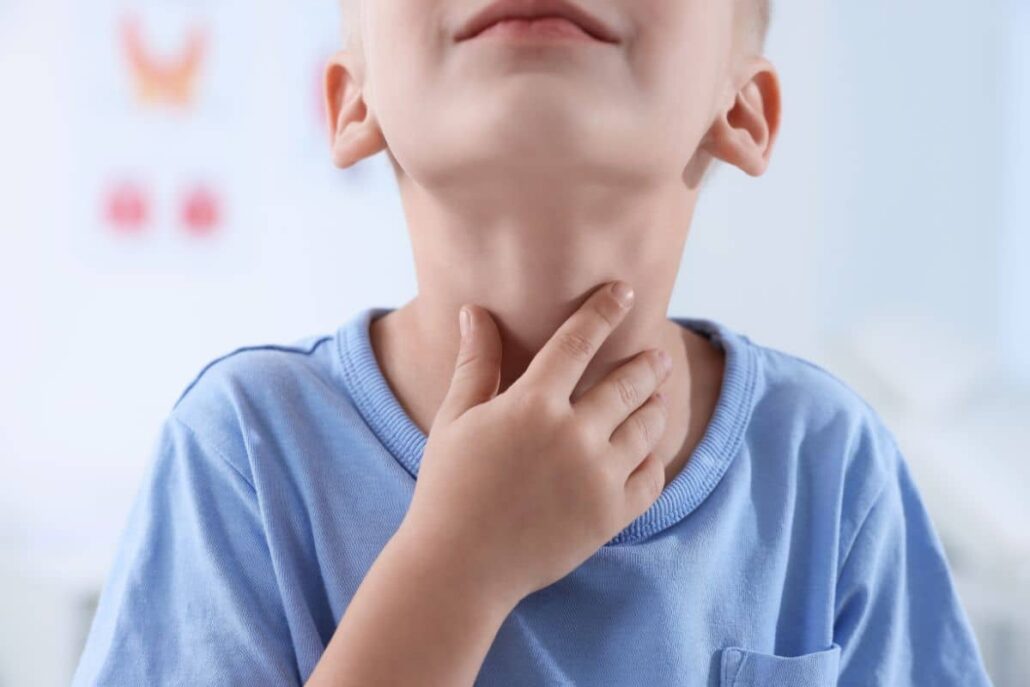
Symptoms:
- Swollen lymph nodes, lumps, or visible masses in the neck.
- Pain, difficulty swallowing, or breathing issues in some cases.
Diagnostic
- Our ENT doctors evaluate the neck mass with imaging, biopsies, or other tests to determine the cause.
- Early diagnosis helps identify whether it’s benign or requires further attention.
Treatment
- Treatment may involve antibiotics, fluid drainage (aspiration), or surgical removal.
- Larger or more serious masses may need specialized care, including surgery or additional testing.
Trust Penn Medicine Becker ENT & Allergy for Your Child’s Specialized Care
Our specialists in NJ and Philadelphia provide reliable, expert care for your child’s needs.
Why Choose Us to Treat Your Pediatric ENT Conditions?
At Penn Medicine Becker ENT & Allergy, we combine expert ear nose and throat care, advanced treatments, and compassionate service to provide exceptional ENT care in New Jersey and Pennsylvania. Here’s why families trust us:

Your child’s health is our top priority. At Penn Medicine Becker ENT & Allergy, we combine expertise, technology, and compassion to ensure your child receives the best possible care.

Pick one of our convenient locations
for your Pediatric ENT Treatment

